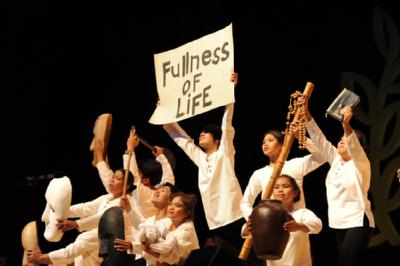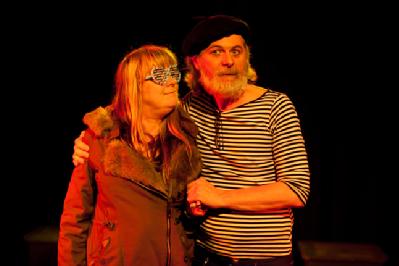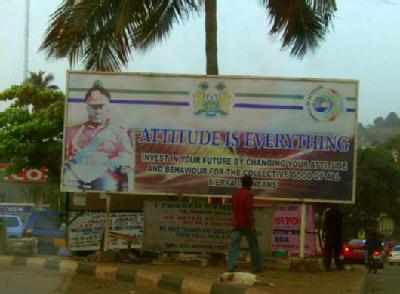Claire Blencowe: Research
|
Critical Theories and Histories of the Politics of Life A key theme in my research is understanding 'biopolitics' which is to say political cultures of promoting and maximising the biological life of populations. My book Biopolitical Experience:Foucault, Power & Positive Critique situates the idea of 'biopolitics' in the context of Foucault's earlier work on the historicity of life and in relation to a broad problematic of understanding structures of experience. It explores the relevance of what we might call 'biomentality' for understanding class-power and nationalism, neo-liberal education policy, cultural racism and 'the problem of racism' in the history of present 'western' feminism. Going beyond lamentation at the horrors of biopolitical domination, the book develops a 'positive-critique' of biopolitical experience: offering explanations as to the enormous appeal of biopolitical discourse; and cultivating a productive response to the technologies of biopolitical racism and securitization. In recent writings I have developed the concept of 'biopolitical authority'. I am currenlty exploring the politics of life in the instituions and theologies of global Christianity - specifically the Ecumenical Movement as represented by the World Council of Churches (WCC). |
WCC Unity Plenary, Busan 2013 |
|
|
|
|
Authority, Knowledge and Performance in Participatory Practice The idea behind this collaborative project is twofold. First, we wanted to draw upon the insights of theatrical mutual aid groups, performance studies scholarship and post-structuralist political theory to (re)articulate and interrogate practices of participatory democracy. We hoped to develop insight into how participatory practices succeed and fail in authorising knowledges based on the experiences of disempowered groups; rethinking the relationship between such practices and authority. Secondly, we wanted to contribute to contemporary debates in political philosophy concerning the nature of the 'common' (common resources, common sense, public discourse, authority) and the question of how to hold 'the commons' open to the influence of diverse and disempowered people in the face of the powerful contemporary totalising forces of privatisation, securitisation and commodification. Click here for full information and for resources from the project. AHRC, Connected Communities. Feb-Sept. 2012. PI: Claire Blencowe; co-I Tom Wakeford (Edinburgh); post-docs Julian Brigstocke & Tehseen Noorani.
|
The wonderful Stepping Out Theatre Company are partners on the participation project. Madhampton, 2012.
|
|
Immanent Authority and the Making of Community This project drew upon classic political sociology and anthropology approaches to the making of community in order to re-invigorate the theory and practice of community. Power, we argue, has a positive part to play in the making of community as an enabling, transformative, creative site of civil life. The power in question is ‘authority’: a specific type of power that functions through consent and structures of knowledge. Authority is created through the generation, accumulation and performance of experience-based knowledge. The project involved identifying, reviving and reconceptualizing a classic analysis of the formation of community: conceptualising community creation and sustainability in terms of the presence and performance of authority. Three literature reviews were produced in order to explore the relationships between authority, community, and immanence.
Click here for full infomation and resources from the project. AHRC, Connected Communities. March-Oct 2011. PI Claire Blencowe; post-docs Julian Brigstocke & Leila Dawney. |
President Koroma taking a rather 'top down' approach to immanent authority in Freetown, 2011
|
PhD Supervision
I am interested in supervising PhD research in: political sociology relating to authority, formations of political subjectivity and agency, global politics, religion, and racism; spirituality, subjectivity and modernity or technology; as well as in critical, cultural, and continential social and political theory - I have particular expertise on Michel Foucault and on the relationships between values, historico-material processes and political ideas, especially associated with life, biopolitics, vitalism and process ontology. I am also interested in interdisciplinay supervision.
I currently co-supervise:
- Sam Burgum 'Occupy London: Post-Politics versus Politics Proper in an Era of Consensus'
- Morteza Hashemi Madani 'Social Theory and the Secular Fundamentalisms'
- Leonardo Vasconcelos de Castro Moreira 'Church without borders: The Universal Church of The Kingdom of God in Madrid, Kiev and Geneva'
- Wonseok Kim 'The Origins and Transformation of ‘Educational Neutrality’ in South Korea after 2000'
- Kathryn Medien 'Writing Oneself: Genealogies of the Western Academic Feminist'
Research Groups
I am a big fan of collaborative working and am involved in a number of research groups.
 |
 |
 |
 |



